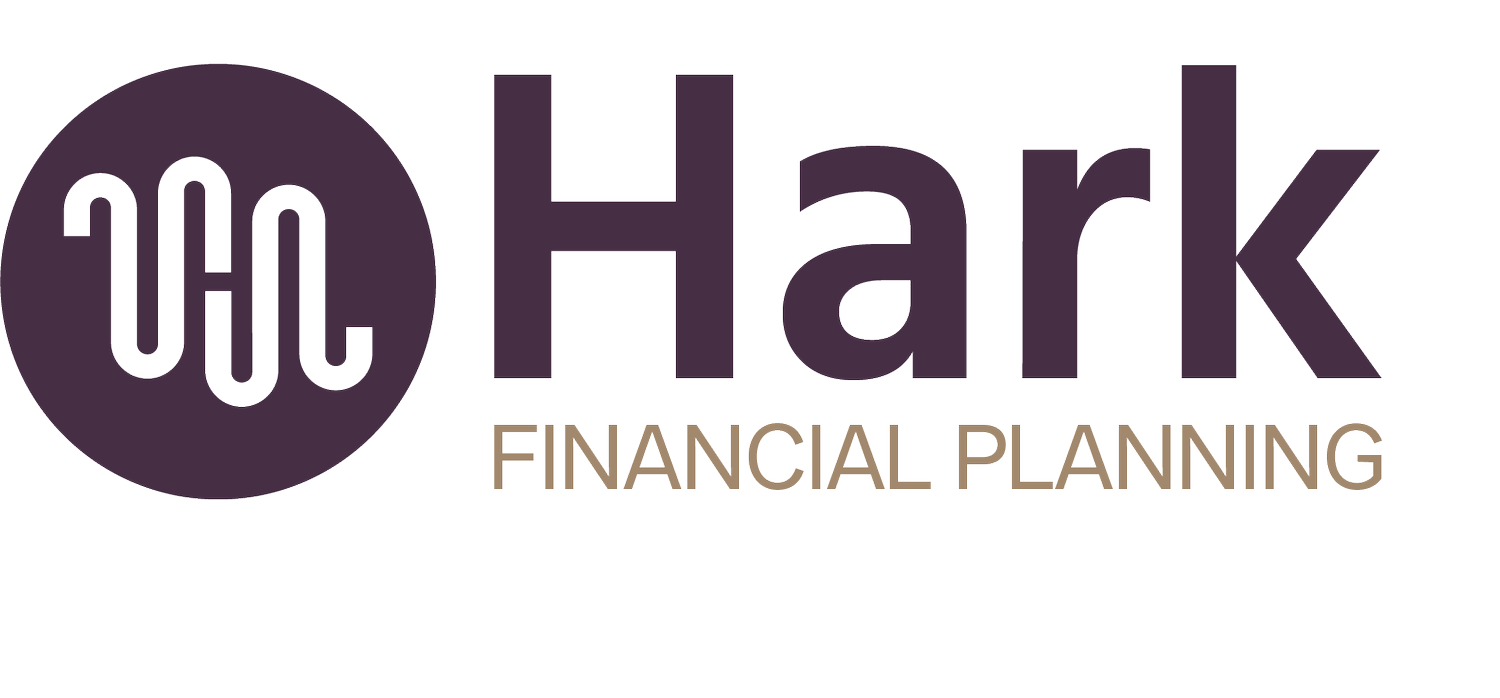How to Choose the Right Health Insurance Plan Before Open Enrollment
Open enrollment may not officially kick off until November, but the best way to make a smart choice is by planning in October.
Whether you’re a law-firm partner buying coverage on the individual market, a self-employed attorney with a growing practice, or a high-earning professional reviewing employer options, starting early gives you time to weigh costs, coordinate tax planning, and avoid the last-minute scramble that can lead to expensive mistakes.
Start by Looking at Your Lifestyle, Not Just the Premium
Before you compare numbers, step back and look at how you actually use health care.
Do you travel frequently for work? Maintain a second home in another state? Have dependents ongoing access to a specialist? These details matter more than a headline monthly premium.
A plan that looks inexpensive on paper can become costly if it doesn’t match the way you and your family receives care.
Thinking Beyond the Sticker Price
Premiums are only one piece of the health insurance puzzle. Make sure you're reviewing the deductible, out-of-pocket maximum, and coinsurance to understand your true potential costs. Also keep in mind that health insurance premiums are a tax deduction if you are self-employed or are taken from your paycheck pre-tax if you are W-2 employee.
If you're a high-earning lawyer, your question isn’t simply “What can I afford?” but “What exposure am I comfortable with if we have a major health event?” If you have questions about this, a Certified Financial Planner™ can run scenarios showing how different deductibles and copays affect your annual cash flow and emergency-fund needs.
Evaluate Network Breadth and Flexibility
Sometimes, a narrower network can provide a discount. However, if you need care in another location or want to visit specific medical practices that are not covered, those savings can evaporate.
Before buying a seemingly more affordable plan, confirm that the physicians and hospitals you rely on—at home and near frequent travel destinations—remain in-network.
Take Advantage of Tax-Efficient Accounts
For clients who qualify for a high-deductible health plan, pairing it with a Health Savings Account (HSA) is one of the most powerful tools available:
Contributions are deductible, lowering your taxable income this year.
Growth is tax-free and you can invest the funds and let them compound like a retirement account.
Withdrawals for qualified expenses are tax-free. These cover everything from prescriptions to future Medicare premiums.
If you don’t qualify for an HSA, a Flexible Spending Account (FSA) can still deliver tax savings, but it comes with a “use it or lose it” rule that requires careful planning.
Coordinate With Your Broader Financial Plan
Health-insurance decisions don’t exist in a vacuum. Choosing a higher-deductible plan might free up cash flow to max out 401(k) contributions or fund a back-door Roth IRA before year-end.
Conversely, selecting a richer plan with higher premiums may reduce the need to keep as much cash in your emergency fund—freeing assets for long-term investing. A planner can model these trade-offs and integrate them with partnership distributions, estimated tax payments, and charitable giving goals.
Shop Every Year, Even If You’re Happy
Even if last year’s plan felt perfect, carriers revise networks, deductibles, and pricing annually. Spending an evening comparing plans can reveal better coverage, a stronger provider network, or meaningful savings.
Think of it as a short, high-ROI investment of time that protects both your health and your finances.
The Bottom Line
Choosing the right health plan isn’t about chasing the lowest premium—it’s about aligning coverage with the life you actually live and the financial goals you care about. Starting early lets you coordinate tax strategy, cash-flow planning, and investment priorities so health-care decisions strengthen, rather than disrupt, your bigger picture.
If you’d like to see how a new health plan fits into your broader financial plan — from quarterly tax estimates to retirement contributions — Hark Financial Planning is here to help you take the next smart step with confidence.
